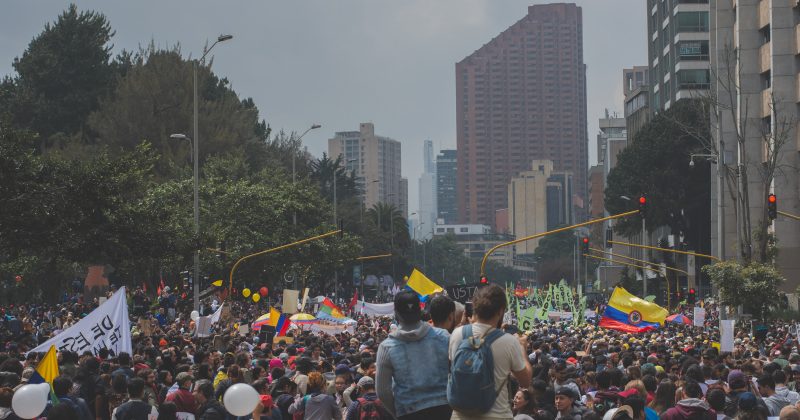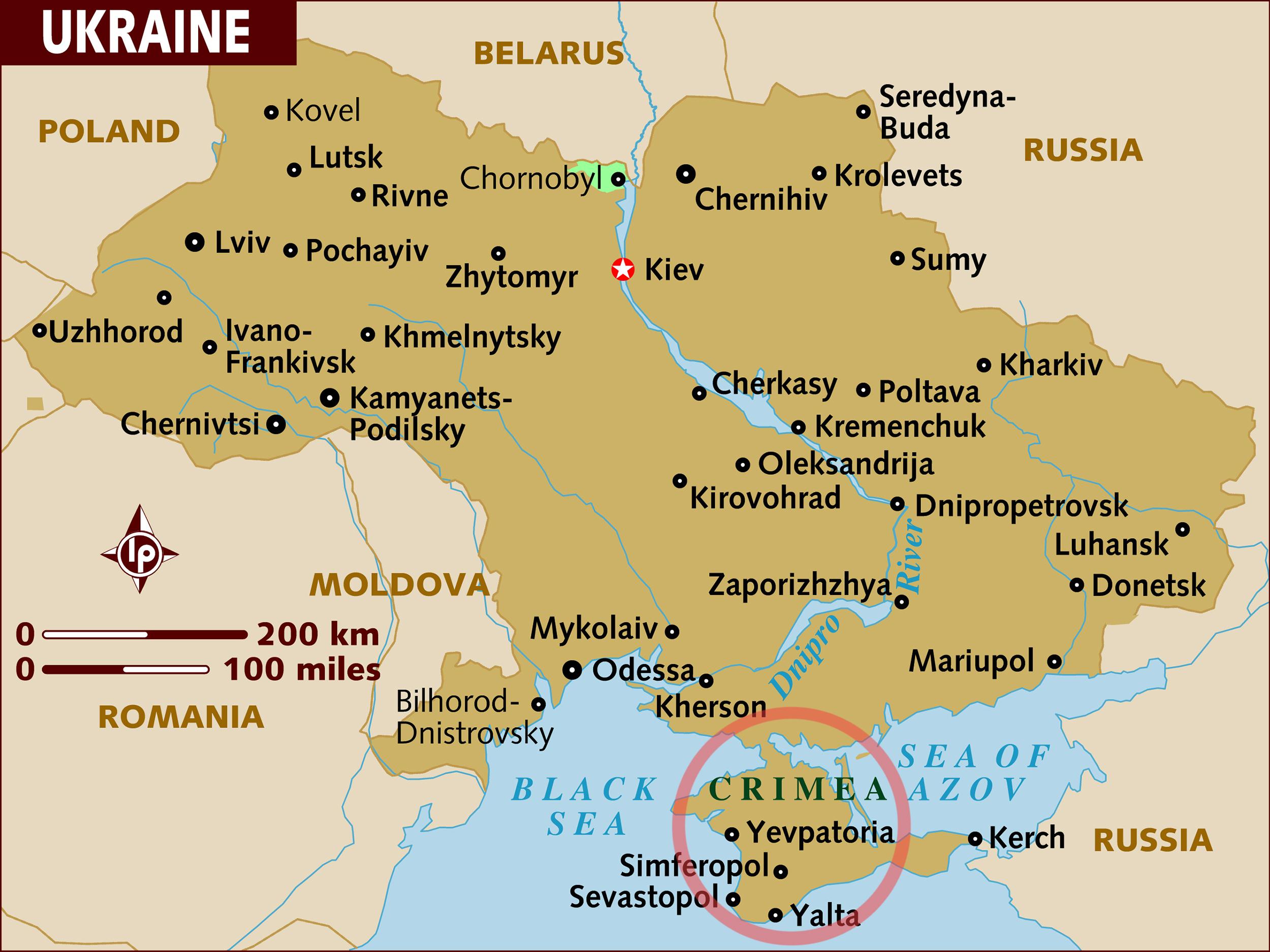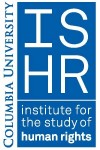
Catastrophe in Colombia: Examining the Police Brutality in Cali
By guest contributors Dhanshitha Ravi* and Rishabh Guha**
“...because here it’s easier to rain bullets than put food on tables.” - A Colombian protestor
INTRODUCTION
In April of 2021, Colombian conservative President Ivan Duque Marquez introduced tax reforms to bridge the fiscal deficit exacerbated by the pandemic which sparked the Paro Nacional 28A protests fueled by rampant corruption and inequality in healthcare across the country, the epicenter of which is traced to Cali. The President, an anathema to the netizens, deployed military personnel, the infamous mobile anti-riot squad (ESMAD) and labelled the peaceful protestors as 'terrorists.' Instances of police brutality were recorded leading to deaths, disappearances, and injuries using unrestrained force - violating human rights, contravening the Colombian Constitution and a multitude of international human rights conventions.
BACKGROUND
Firstly, in Operation Siloe, the guards used venom-system grenade launchers to fire directly into a candlelight vigil. The Popayan Court had previously ordered that such launchers firing non-lethal armaments like teargas must not be fired directly into...


